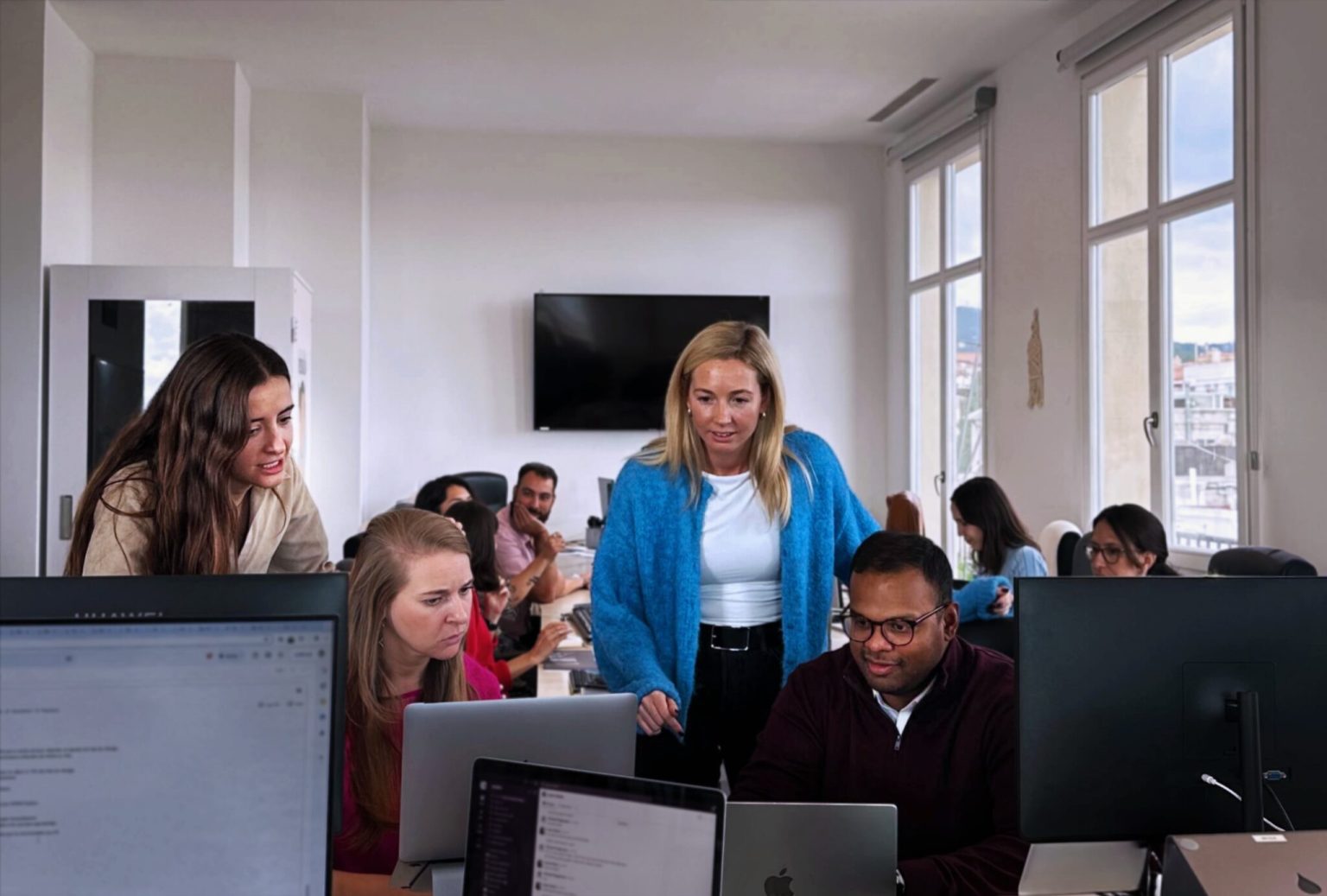Summarize this content to 2000 words in 6 paragraphs
Rohit Bezewada, who became AirDNA CEO in August, describes himself as a “growth person” – “not a cost-cutting CEO.”
AirDNA is a decade-old short-term rental analytics firm, and Bezewada’s mission is to scale it in a way similar to what he helped accomplish at Uber. From 2018-2020, under CEOs Travis Kalanick and then Dara Khosrowshahi, Bezewada led business development at Uber’s competitive intelligence team, which took part in the launch of the service in 25 markets.
“Similar to Airbnb, Uber was in that phase where we were trying to solve a problem and grow at a material scale,” Bezewada told Skift.
Bezewada replaced Demi Horvat as AirDNA’s CEO, which has offices in Denver and Barcelona. Both had been operating executives at private equity firm Alpine Investors, which acquired AirDNA in 2022.
Bezewada said Horvat stabilized the business in her two years as CEO and made a couple of acquisitions, including Uplisting, a property management system that managed $400 million in bookings in 2023.
Growing Pains in Property Management
AirDNA has around 1 million users — Bezewada calls them “STR curious folks” — who use its free analytics to help determine where they should buy a first or second investment property and how much they might rent them out for as a short-term rentals. Then AirDNA has enterprise customers, ranging from property managers to hedge funds, which buy data sets, he said.
Now AirDNA wants to integrate some of its software tools into Uplisting.
Bezewada said Uplisting “is pivotal to how we think about our growth and how we think about truly growing with hosts.”
“It’s wanting to continue to be part of their analytics throughout the lifecycle of them acquiring and operating a business,” Bezewada says.
But it’s been a rocky few months since AirDNA bought Uplisting.
Skift obtained messages from an Uplisting community forum in which operators complained about outages, a lack of software updates, and the manner in which AirDNA was integrating Uplisting.
For example, one individual who helps run a serviced apartment support community in the UK said Uplisting used to be “amazing” but had received few software upgrades in 2024.
“Uplisting now lags behind other platforms on so many features like payout report flexibility, mobile app functionality, AI features, task scheduling, and direct-booking features,” the user wrote.
Uplisting founder Vinnie Breslin, who now works for AirDNA, wrote in the community forum that he initially was disappointed in how AirDNA was integrating Uplisting, noting “many of you felt the same disappointment.”
But Breslin called Bezewada “the real deal.” “He’s been making the necessary changes to ensure we get back to doing what we do best.”
60-Day Sprint to Fix Uplisting Issues
Bezewada said Uplisting is “an extension” of AirDNA’s business. “It’s not a diversion from our core business.”
Bezewada said AirDNA in the first few months of owning Uplisting had to evaluate the “cobweb” of Uplisting’s tech and to develop an architecture to make it work at scale. He said founders can fix problems for individual customers, but AirDNA had to assess what would be best for 90% of customers, making Bandaid fixes.
“The outages and the database issues are part and parcel of when you are going from a scrappy database that’s stitched together, and we’re trying to professionalize the tech,” he said.
Bezewada denied that Uplisting was losing customers, saying it’s seen a 60% growth in its customer base since the acquisition.
Speaking in mid-November, Bezewada pledged that Uplisting’s issues would be resolved within 60 days.
In the interim, Uplisting launched a benchmarking tool that connected 6,000 listings within the first two weeks, he said.
2025 a Growth Year
In keeping with his self-characterization as a growth CEO, Bezewada said he hired four engineers in the last month, is bringing on data scientists, and expanding customer support teams.
Bezewada said AirDNA is well-positioned for growth in 2025. “We were very profitable and then we invested in a bunch of growth,” he said. “I would say we are in healthy growth mode.”


